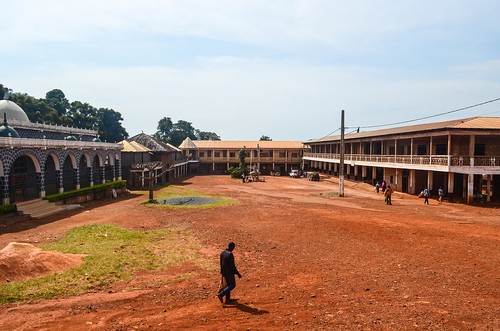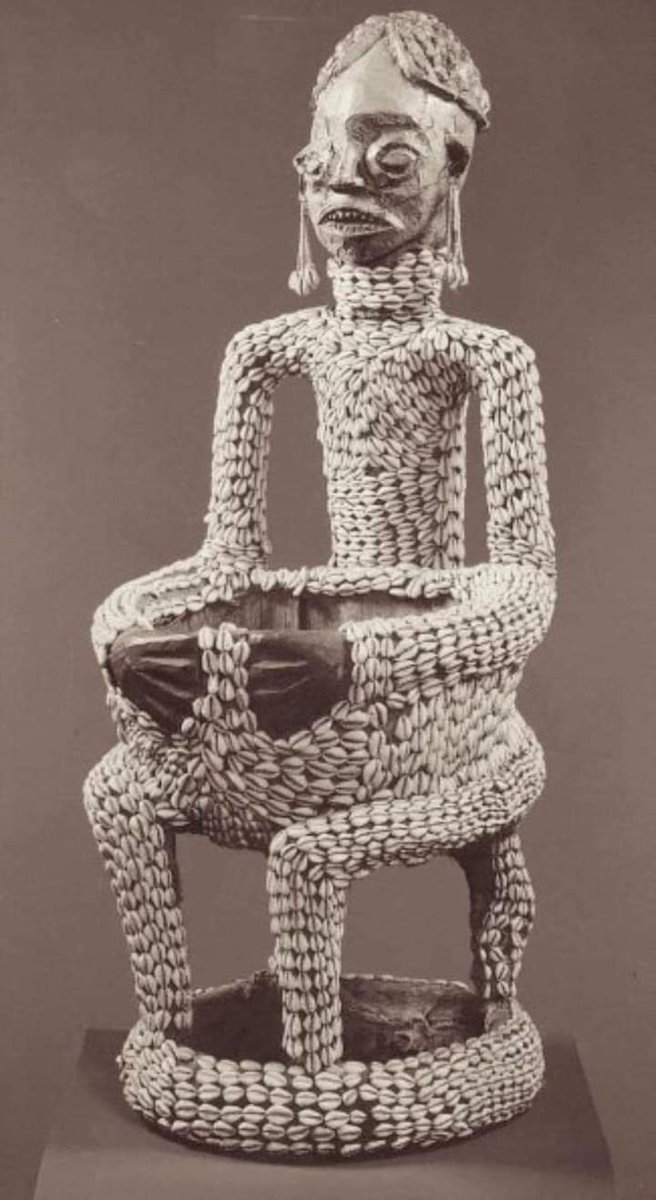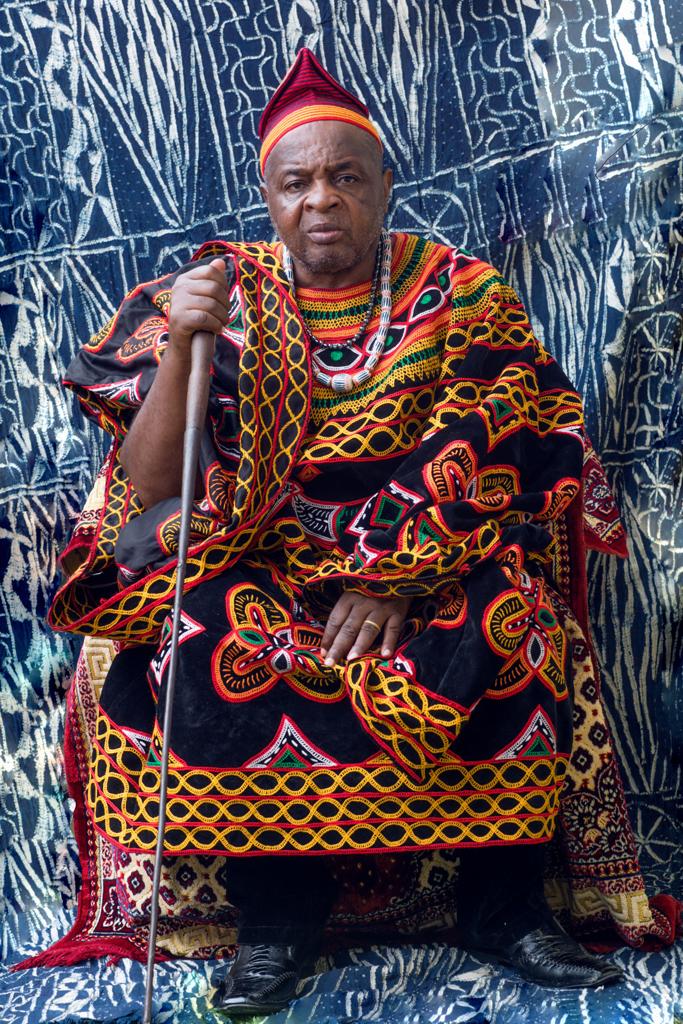nfu -europe
“We have no hope of solving our problems without harnessing the diversity, the energy, and the creativity of all our people.” – Roger Wilkins
Integrity to bring the best
Our core of existence is defined in the preamble of the constitution as follows. We, sons and daughters of Nso’ Bui Division, in Europe, Desirous: To bind ourselves together and thereby to foster a spirit of oneness and of solidarity; To work relentlessly for our common interests by tackling our common problems together; To create fruitful, sustainable and harmonious relationships with other people living in Europe, irrespective of their country of origin, race, sex, political orientation, ideology or religion.

Mission
Our mission is to bind ourselves together and thereby to foster a spirit of oneness and of solidarity. We also seek to work relentlessly for our common interests by tackling our common problems together. Our desire is also to fruitful, sustainable and harmonious relationships with other people living in Europe, irrespective of their country of origin, race, sex, political orientation, ideology or religion.

yaa ngonso
founder of the
nso dynasty
GOALS
Our major goal is to create and develop an economic forum and databank through which ideas and talents would be mobilized and transformed into economic projects of general concern both in Europe and Nso.

His Royal Majesty
Sehm Mbinglo I
Fon of Nso.
To get the funding necessary to meet our goals and support our projects, we organize a convention every year in August. Delegates from all over Europe come together to celebrate Nso Culture and exchange know how. During this event, we organize a Professional Forum where discussion are carried on various topics and current challenges that are of interest to the Union. Traditional dances are presented and program/workshop for kids is organized. A gala night, church service is also organized and event is crowned by, barbecue and “karashin night”.
birth and history of nfu europe
The will for unity is the beginning of collective strength. The origins of the Nso Family Union Europe can be traced back in the spring of 2008. This stemmed after a motivational advertisement in the Shundzev forum about the annual convention of a sister organisation in the United States of America- The Bui Family Union.
This BFU -USA convention advert jealously called for unity and solidarity within the Nso people living in the USA. Rev. Tatah Mbuy and Prof Bame of Cameroon, first proposed the idea to create a European version of BFU-USA. Shey Emmanuel Berinyuy in Belgium, Shey Tatah Sevidzem of Denmark and Edwin Lukong of the UK felt challenged by this and decided to set the ball rolling in order to regroup all the Nso people in Europe under one umbrella.
The population of Nso people resident in some European countries like UK, Germany and Belgium was growing at a fast pace. Prior to suggesting the idea of a Nso union in Europe, it would be worth to mention that some people were already regrouped into functional legal bodies such as Banin UK, Bihkong Germany and Bongkisheri Belgium and wasted no time to delve into the idea of a union of all Nso in Europe.
In December of 2008, Shey Emmanuel Berinyuy of Belgium sent an introductory letter to Lukong Edwin, Sunjo Tatah and Shey Tatah Sevidzem with the proposal if the various Nso organisations in Europe could reunite under one umbrella organisation in Europe?. Another core suggestion in this letter was if it could be possible to couple the launching with Bongkisheri Belgium’s 12 anniversary which was meant to be held in August 2010 in Brussels. The positive responses were undoubtedly, true indications of the need for such a unifying organisation to be setup in Europe.
The information was quickly disseminated and accepted within groups such as Banin UK, Bongkisheri Belgium and Bihkong Germany.
An online committee was hastily constituted to draw up the guiding principles of the association and to set other parameters through which the organisation will be managed.
This adhoc committee members included the following: Rev Tatah Mbuy of Italy, Shey Emmanuel Berinyuy, Shey Tatah Sevidzem of Denmark, Rev Andrew Solii of Germany, Elias Ngoran, Dr Steven kingah, Shey Vitalis Wongeh and Dr Vero Tamu from Belgium, Edwin Lukong, Mrs Bongkiyung, Pamela Bongkiyung and Victorine Ngamsha from the UK.
Shey Emmanuel Berinyuy, the then acting president of Bongkisheri Belgium, was nominated to lead this adhoc group until the official organogram was drawn and presented to everyone during the launching in August 2010.
The Constitutional talks group was headed by Shey Tatah Sevidzem. The name, Nso Family Union in Europe, aka NFU-Europe, skillfully chosen first of all, to distinguish the European Association from that in the USA – Bui Family Union aka BFU. Secondly, to kick-off in the preliminary phase as a NSO group and not BUI in general with the hope that it could still be enlarged to a Bui affaire if the need arose
On the 13th of August 2010, the preparatory adhoc group met in the Catholic church hall of Anderlecht in Brussels to finalise the pending issues. The draft constitution was diligently reviewed and made public during the meeting of Delegates. There were delegates from Belgium, United Kingdom, Germany, Denmark, Sweden, France, Holland and Italy.
The official announcement of the launching was made during the gala party on Saturday 14 August 2010, followed by a thunderous acclamation, popping of champagnes, cutting of the birthday cakes and traditional dances. And that was the official birth of the Nso Family Union-Europe aka NFU-Europe.
In August 2011, Bongkisheri Belgium courageously embraced the very first NFU-Europe convention held held in Brussels. The Stuttgart convention in Germany followed in 2012. The 2013 convention meant to be held in the UK did take place however the itchy and curious NFU-Europe members got a befitting celebration in Frankfurt in 2014 hosted by all the Nso Associations in Germany. This convention marked a great milestone in the Union’s short history because a new exco was elected, replacing the previous government that had been in place from NFU-Europe’s birth led by the pioneer president, Shey Emmanuel Berinyuy and his team. Shey Damacius Ghamsi of the UK was elected as the new top man for a new NFU-Europe.
Shey Emmanuel Berinyuy
nso history
The Nso dynasty is an offshoot of the Tikar dynasty. The Tikar dynasty was founded around 1299 by Princess Wou-Ten (a Princess of Nganha whose real name may have been Betaka) at Rifem or Kimi (present day Bankim in the North East of Cameroon’s Western Province). When Tinki the Tikar Fon died in 1387 a bloody battle for his succession ensued. The rightful heir to the throne Nchare Yen was passed over for his half brother Mveing(1387–1413).
Because of Mveing’s sanguinary attitude towards perceived rivals, Nchare Yen (1394-1418, founder of the Bamoun Dynasty in Foumban) and his brother from the same mother Mbe (Mfombam – founder of the Njitam Dynasty in Bafia, after whom Nchare Yen named Foumban) decided to leave with their followers. When Nchare Yen and Mbe (Mfombam) decided to leave, their elder sister (from the same mother) Ngonnso wanted to leave with them but they refused because she was already married. Nchare Yen and Mbe, left without Ngonnso. When the brothers realized Ngonnso and her supporters were following them, they cut the bridge over the Mape River (a tributary of the Mbam river) after crossing. Ngonnso and her followers unable to cross the Mape, decided to move west along the banks of the Mape and founded the Nso dynasty. The name NSO is believed to have been derived from her name “Ngon – Nso” (Nso Lady or Yennso – mother of the Nso people as she preferred to call herself).
Nso Mtaar, The Aboriginals
Yennso led the Nso people to Mboh Nso, to Ndzen Nso (around Ndzevru in present day Mbam) and finally to Kovvifem where they meet the Visali or Nso Mtaar (aboriginal Nso people). Ngonnso and her people struck a deal with the Mtaar that formed the crucible of the present Kingdom of Nso.
From the agreements that the Visale “signed” with Ngonnso and her people, it can be said that but for the Kingship (Fonship), the Visale virtually assimilated Ngonnso and her people in a disguised intelligent non-hostile apparent submission to Ngonnso. The Mtaar remained owners or fathers of the land (Atar Nsay) and were never to be regarded as captives by Ngonnso and her people or any newcomers to the group. Ngonnso and her people adopted most of the Visale language and merged all aspects of the two cultures. The resulting culture and dynasty was called Nso after “Ngon-Nso”.
It was agreed that when Ngonnso died she would be succeeded by one of her two sons, who would then be recognized as the first King (Fon) of the Nso. When Ngonnso died around 1421, she was succeeded by her son Leh who is considered the first King (Fon) of the Nso dynasty.
Mbiame
When the Fon of Nso “Ndze Mbiame or Tar Mbiame” (name doubtful) disappeared (died) around 1575 in Kovifem, a succession dispute between his son Mbiame who thought he was the rightful heir to the throne and his half brother and successor Tar (Ndzeh) Mbiame II, led to Prince Mbiame who could not accede to the throne to leave Kovifem with his followers and settle near Mboh Nso.
Surprisingly, Mbiame did not immediately declare himself Fon until the incident of the Leopard hunt. Mbiame could not eat the leopard since he was not Fon and could not submit himself to the humiliation of delivering the catch to his brother the Fon of Nso whom he considered illegitimate, so he allowed the catch to rot. Mbiame eventually declared himself Fon after the insistence of his followers and founded the Mbiame dynasty. The Mbiame Fondom however remained collaborative with the Nso dynasty and throughout the years accepted a position of subordinate sub-Fon to the Nso dynasty.
Oku
Around 1650 when Fon Tarmekuu (name again doubtful) disappeared (died) there was another succession fight between the successor Fon Koontum and his brother Prince Vikuu (Oku). The succession dispute forced Prince Vikuu (Oku) to leave Kovvifem with a few supporters and settle in the Ngonbaa forest.
A series of devastating Fulani (barah nyam) slave raids almost wiped out Kovvifem. Around 1665, Koontum’s brother and successor Fon Sango I (or Dzeni) escaped one of these raids and sort refuge in Ngonbaa with Prince Oku, whose following had grown significantly but who at that point had not yet declared himself Fon.
After calm returned, Oku and Fon Sango I made the Ngoonbaa pact where the Fon recognized Oku as a Fon in his own right, with the caveat that Oku would continue to be considered an offshoot of the Nso dynasty. Oku then moved west towards Kom, where he conquered some Kom and Kijem vassal states, brought them under his rule and started the Oku dynasty.
Nseh, Noni, and Din
Fon Seembum I or Sehm I (1800 – 1840) and his son Tar Manjong (1840 – 1875) did a lot to expand Nso by conquest. They first conquered Nseh and the Noni Fondoms and signed pacts with them in which the former retained their Fonships but became subordinate vassal states of the Nso Fondom.
The most difficult Fondom to capture was Din. The famous “Mo Nso e ko-on fe Din” (as bad as the Nso trip back from Din) phrase is testament to the difficulty Nso had in subduing the Din Kingdom. It took Tar Manjong’s son Fon Seeembum II or Sehm II (1875 – 1907) to conquer Din in 1882 and “sign” a pact that made Din a vassal state with full Fonship rights.
Nkar
While Nso was still in Kovvifem an unsuccessful attempt was made to conquer Nkar around 1720 by Fon Ndzefon. The Nso attack was repelled by the combined forces of Nkar and Bamoun.
Nso had to wait until Fon Seembum I or Sehm I (1800 – 1840) decided to move the capital to Kimbo around 1810. It took almost 10 (ten) years for Nso to dislodge Nkar to their present location. Nkar was made a vassal state and because of their stiff resistance they lost their language but retained their Fonship. Nso finally settled Kimbo around 1825 and Nkar to this day remains an important vassal state of the Nso dynasty.
Other Vassal States
Many other vassal states submitted themselves willing to Nso’s authority between 1450 and 1900, and were either converted to important Vibais (TaaNkum, Ndzendzev, Do’o, Tan, Menjeey, Sov, etc) or Tarntohs (Mbiingiy, Mamo, Ka’a, Jem, etc.) or remained Fons with very limited authority (Ndzen, Ron, Nkim, Kilun, Nderem, etc).
